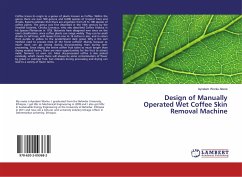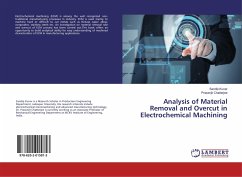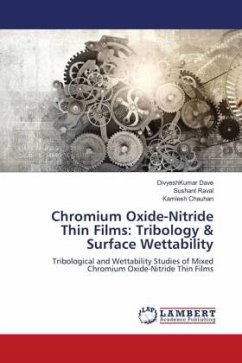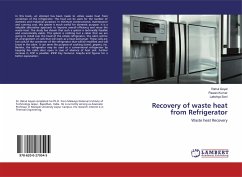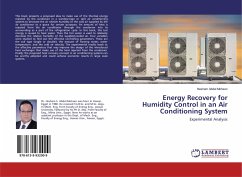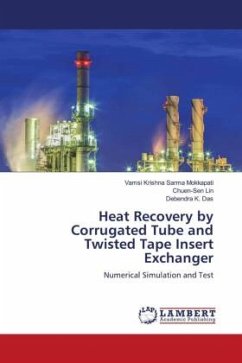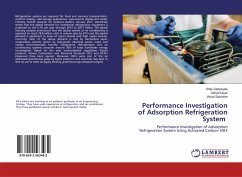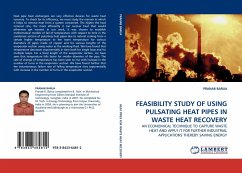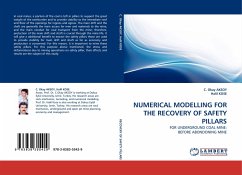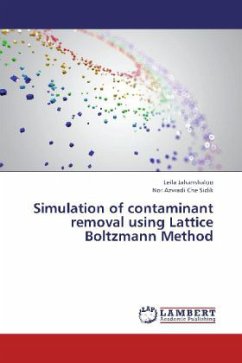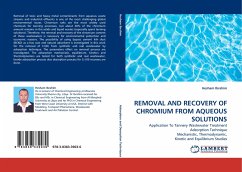
REMOVAL AND RECOVERY OF CHROMIUM FROM AQUEOUS SOLUTIONS
Application To Tannery Wastewater Treatment Adsorption Technique Mechanistic, Thermodynamic, Kinetic and Equilibrium Studies
Versandkostenfrei!
Versandfertig in 6-10 Tagen
45,99 €
inkl. MwSt.

PAYBACK Punkte
23 °P sammeln!
Removal of toxic and heavy metal contaminants from aqueous waste streams and industrial effluents is one of the most challenging global environmental issues. Chromium salts are the most widely used chemicals for tanning processes, but about 30% of the chromium amount remains in the solids and liquid wastes (especially spent tanning solutions). Therefore, the removal and recovery of the chromium content of these wastewaters is necessary for environmental protection and economic reasons. The possibility of using bypass cement kiln dust (BCKD) as a low cost and natural adsorbent is investigated i...
Removal of toxic and heavy metal contaminants from aqueous waste streams and industrial effluents is one of the most challenging global environmental issues. Chromium salts are the most widely used chemicals for tanning processes, but about 30% of the chromium amount remains in the solids and liquid wastes (especially spent tanning solutions). Therefore, the removal and recovery of the chromium content of these wastewaters is necessary for environmental protection and economic reasons. The possibility of using bypass cement kiln dust (BCKD) as a low cost and natural adsorbent is investigated in this work for the removal of Cr(III) from synthetic and real wastewater by adsorption technique. The parameters effect on removal process are investigated. The adsorption mechanistic, equilibrium, kinetics and thermodynamics are tested for both synthetic and real wastewater, beside adsorption process also desorption process for Cr (III) recovery are done.



